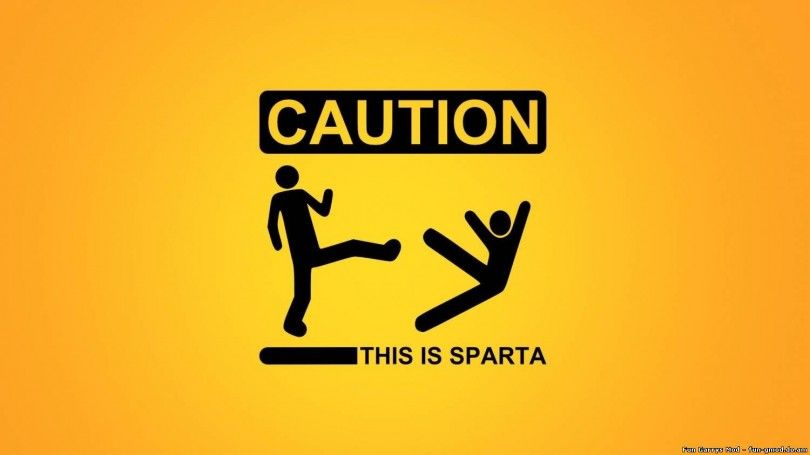Американские ученые показали, что психологическое воздействие может помочь людям в принятии выгодных решений. Результаты работы будут представлены на ежегодном собрании Ассоциации психологических наук в Чикаго, также об исследовании рассказывает Science.
Over the past 5 years, on behalf of state governments, nearly 100,000 Americans were gently manipulated by a team of social scientists. In 15 randomized, controlled trials, people in need of social services either encountered the standard application process or received a psychological nudge, in which the information was presented slightly differently—a postcard reminded them of deadlines, for example, or one choice was made easier than another. In 11 of the trials, the nudge modestly increased a person’s response rate or influenced them to make financially smarter choices.
The results, to be presented tomorrow at the annual meeting of the Association for Psychological Science in Chicago, Illinois, add to the growing evidence that nudges developed by psychologists can make a real difference in the success of government programs. “These interventions have positive effects,” says Sim Sitkin, director of the Behavioral Science & Policy Center at Duke University in Durham, North Carolina, who was not involved with the nudge trials. “They should be applied now.”
The idea of influencing people’s choices by making subtle changes to the available information or context of their decisions has been around for generations. After all, what are the advertising and marketing industries if not nudges paid for by businesses? But rigorous academic research on public interest nudges is relatively new, says Caitlin Anzelone, a behavioral scientist based at the New York City offices of the Manpower Demonstration Research Corporation (MDRC), a social policy research organization created by the U.S. government in 1974.
MDRC launched the social service nudge trials in 2010 with funding from the U.S. Department of Health and Human Services. “To some extent we’re reinventing the wheel for a new purpose,” says Anzelone, who oversaw the effort. But rather than influencing people to buy a product, MDRC’s aim is to nudge them into choices that lead to positive outcomes for their health, family, and finances.
MDRC’s trials took place in seven U.S. states and focused on everything from tax credits and welfare for needy families to child support programs. For example, Texas has a program to help alleviate the financial disasters that can develop when a parent is incarcerated. Without income, prisoners often face mounting debt as child support bills rack up, with knock-on effects that can drag the entire family deeper into poverty. The state allows child support payments to be lowered during a prison term, but the incarcerated parent has to actually apply for the modification—and most fail to take advantage of this option.
Психологи из правительственной организации MDRC провели 15 независимых исследований, участники которых были отобраны случайным образом. Все они нуждались в различных видах социальной помощи — это могла быть поддержка малоимущих семей или, например, налоговые вычеты.
В ходе эксперимента, который был начат 2010 году, граждане либо проходили стандартную процедуру подачи заявления, либо дополнительно получали психологический стимул — это могло быть напоминание о дедлайнах, или о возможной упущенной финансовой выгоде.
Например, в Техасе существует программа, помогающая уменьшить финансовые последствия для родителей, которые должны выплачивать алименты и при этом находятся в тюрьме. Государство позволяет снизить выплачиваемую сумму, пока заключенный не будет выпущен на свободу, однако для этого необходимо подать соответствующее заявление. Участники эксперимента в Техасе получали карточки, где было написано следующее сообщение: «Для других родителей суд уменьшил размер алиментов на сумму от 200 до 500 долларов». Это помогло увеличить количество заявлений на 11 процентов.
В целом, в 11 из 15 исследований психологический «толчок» либо повышал количество поданных заявлений, либо влиял на участников таким образом, что они принимали более выгодные с финансовой точки зрения решения. Среднее повышение результата составило от двух до трех процентов при том, что вмешательство требовало достаточно небольших затрат со стороны правительства — в Техасе сумма составила 1,73 доллара на человека.
Исследователи отмечают, что если такие действия будут предприняты со стороны организаций, это поможет сделать механизмы оказания финансовой помощи гражданам со стороны государства более эффективными.
Если вы нашли ошибку, пожалуйста, выделите фрагмент текста и нажмите Ctrl+Enter.








Сообщить об опечатке
Текст, который будет отправлен нашим редакторам: